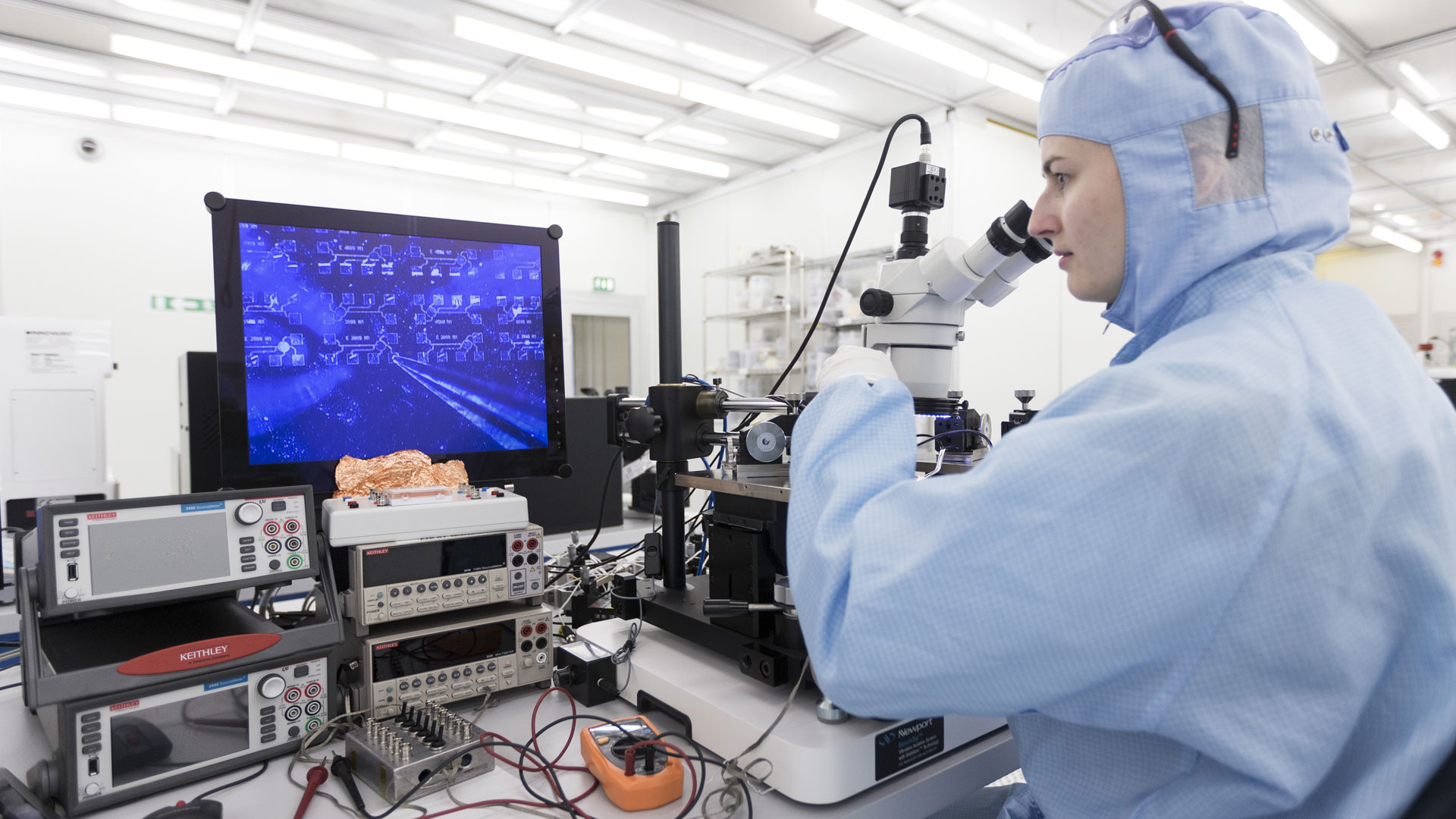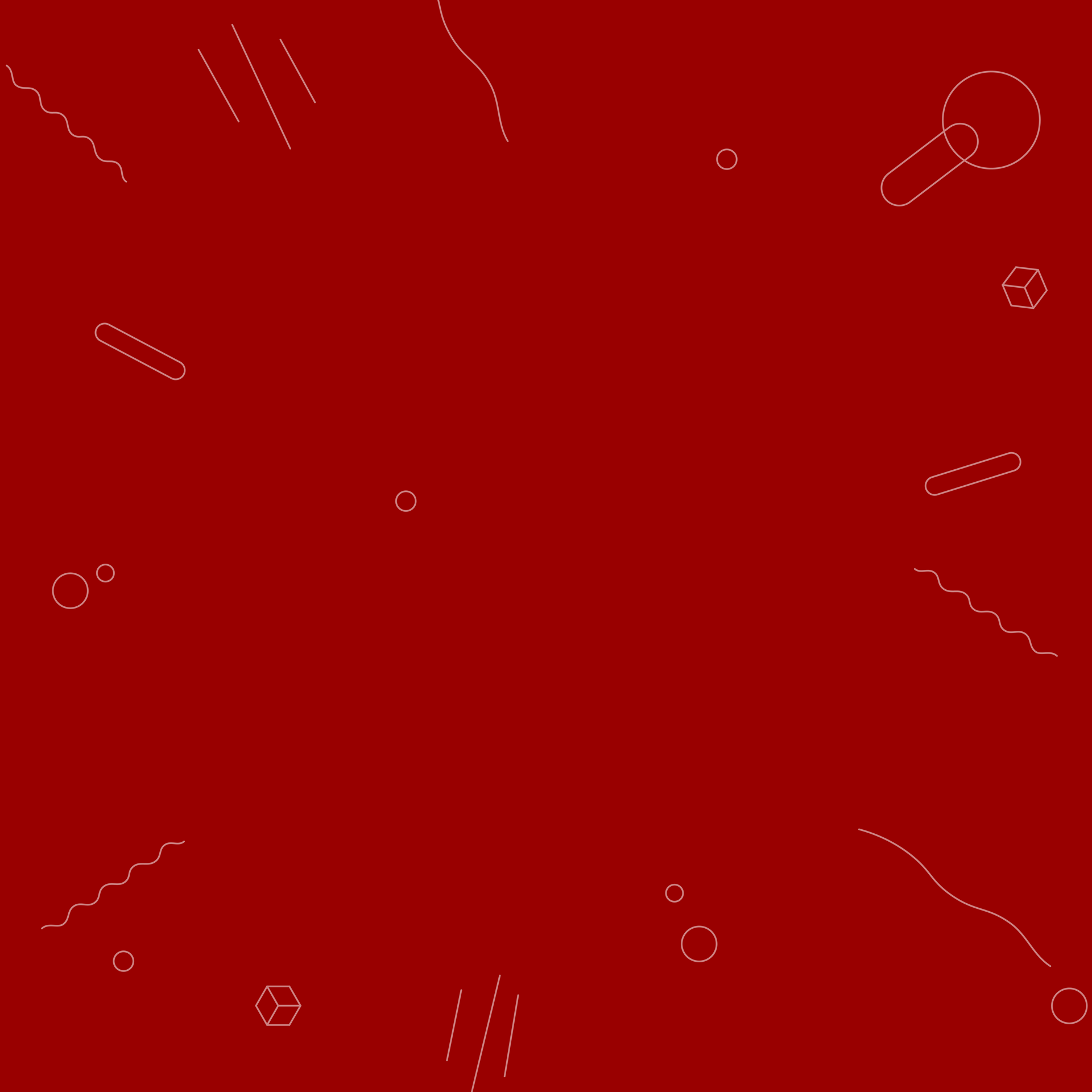Research
DTU's objective is to be a national centre for technological development through education, research, innovation, and scientific consultancy.

At DTU, we strive for a sustainable future by developing technology for people. We use digitalization to drive research breakthroughs and innovation at the intersection of academic disciplines and future data-driven technologies.
The researchers and students at DTU work across disciplines on groundbreaking projects for the benefit of society. We collaborate with leading academic, private and public partners to create innovative solutions for sustainable change. Research areas include a broad spectrum of science and engineering disciplines, such as energy technology, climate technology, health technology and artificial intelligence.
Selected positions of strength of our research in sustainable solutions
Two-pagers about the six selected research positions of strength:
By 2050, Denmark must be independent of coal, oil, and gas. This means that renewable energy sources such as wind and solar energy must be able to meet Denmark’s increasing energy demands. To optimise energy consumption, the energy system must be integrated and designed in a way that can handle the fact that energy production and consumption do not always align. This requires, among other things, that we develop technologies for storing renewable energy. In addition, it is crucial to connect the energy sources to create a flexible and robust energy system that can withstand breakdowns, accidents, or sabotage.
At DTU, we have the latest knowledge about technologies in areas such as:
- Resilient and data-driven energy systems
- Energy markets
- Wind and solar energy
- Alternative fuels
- New forms of energy
- Power-to-X
- Heat pumps and heat storage
- Batteries
For decades, DTU has been leading in biotechnology, food, and the use of biosolutions to solve industrial challenges. We deliver the scalable bio-based solutions of the future in close collaboration with industry − from medicine to cement. Biosolutions originate from traditional biotechnological research, but deal with how we invent and produce more sustainable products and solutions. By harnessing bacteria, fungi, algae, and enzymes, biosolutions can replace and improve traditional, fossilbased products and methods employing bio-based alternatives such as bioplastics or alternative fuels. Common to the bio-based technologies is that they can contribute to significantly reducing CO2 emissions in other industries’ manufacturing processes and end products.
At DTU, we conduct the latest research on biosolutions within areas such as:
- Development of alternative protein sources
- Development and use of microorganisms for the production of
food, materials, alternative fuels, etc.
- Development of new drugs
- Development of bio-based pesticides or biofertilizers for
agriculture and fish farming
- Biological fertilizer or biofertilizer
Read more under the research area 'Biotechnology'.
The construction sector currently accounts for 22 percent of Denmark’s CO2 footprint, 33 percent of our total material consumption, and 40 percent of our total waste volume. In 2021 alone, global cement production emitted 2.9 billion tonnes of CO2, equivalent to more than 7per cent of total global CO2 emissions, according to calculations by the International Energy Agency (IEA). To achieve a lower climate footprint, we must develop new building materials, new methods for renovation, and recycling of materials and waste from the construction sector. Research is needed on how we can meaningfully transform the industry and create coherence in processes across actors and suppliers. The construction sector is a key player in the green transition, and Denmark must act now to reach its goal.
At DTU, we have the latest research and technologies in areas such as:
- Development and testing of new building materials
- Optimization of project management of large
public construction projects
- Recycling and reuse of building materials
- Life Cycle Assessment (LCA)
- Biodiversity in buildings and facilities
- Social sustainability in construction
- Climate proofing of cities and buildings
Read more under the research area 'Construction'.
Since the first Danish car was built in 1888, the transport system has become increasingly CO2-emitting, and transport plays a growing role in climate policy. The transport sector is expected to account for almost 40 percent of Danish CO2 emissions by 2030, according to the Danish Svarer committee’s report from 2024. A similar development is seen internationally. If Denmark is to achieve its goal of a total reduction of CO2 emissions by 70 percent by 2030, the transport sector’s CO2 emissions must be radically reduced as soon as possible. This requires increased research and development in electrification, the development of alternative fuels, battery technology, and optimization in the logistics sector, as well as in passenger transport. Research-based knowledge about framework conditions and incentives is essential to ensure that new technologies are adopted and used effectively.
At DTU, we conduct research in:
- Electrification of the transport sector
- Power-to-X, battery technology, and alternative fuels
- Planning and design of infrastructure and environmental
assessments
- Eco-friendly transport behaviour
- Transport economics
- Optimization of transport systems, including digital solutions
- Sustainability and Life Cycle Analyses (LCA)
Read more under the research area 'Transportation'.
Food production currently accounts for about 30 per cent of the world’s total CO2 emissions. At the same time, the UN expects that by 2050 wewill be up to 10 billion people on Earth. We must develop new sustainable foods and efficient production methods to feed everyone without depleting our planet’s resources. Food production affects major global crises. This includes the climate crisis with emissions of greenhouse gases from animal production, the biodiversity crisis with the loss of species caused by large agricultural areas, and loss of life in lakes and the world’s oceans due to overfishing and environmental pollution.
DTU adopts a holistic approach to food as a research concept allowing us to contribute to making food both healthy and safe with various perspectives and disciplines. The world is facing a crisis with increasing levels of hunger and malnutrition alongside rising rates of obesity. DTU focuses on finding healthy, safe, and tasty alternatives to meat and dairy products based on plants or with the help of microbes. At the same time, technology and digital solutions can contribute to better resource utilization in the processing, use, storage, and transport of food. Lower energy consumption, reduced water usage, less food waste, and innovative uses of by-products will help increase sustainability throughout the food chain.
Creating new technological solutions requires interdisciplinary collaboration and expertise in areas such as nutrition, chemistry, microbiology, toxicology, mathematical modelling, digitalization, and technology.
At DTU, we have the latest knowledge and technologies in areas such as:
- Food based on microorganisms
- Biotechnology and biosolutions
- Nutrition
- Food safety
- Plant-based foods
- New production methods and food system designs
Read more under the research area 'Food'.
The Earth’s climate is under pressure and the sustainable transition of our society is literally a burning platform. The UN’s Intergovernmental Panel on Climate Change (IPCC) estimates that the concentration of CO2 in the atmosphere is at its highest level in over two million years.
The Danish Climate Act stipulates that Danish greenhouse gas emissions must be reduced by 50-54 per cent compared to 1990 by 2025, and we must be climate neutral by 2050 at the latest.
At DTU, we collect climate data from space, on land, and in aquatic environments. We monitor developments and use data to calculate the state of the climate, predict disasters, and ensure that the solutions and technologies we work with respect the planetary boundaries. We account for rebound effects and use the ‘sustainability by design’ approach. Developing the technologies that will help us achieve our goals requires collaboration and investment.
DTU holds a strong position in research in:
- Space technology
- Collection of climate data
- Aquatic resources and ecosystems
- Climate policies and impact assessment
- CO2 capture and storage
- Transition to renewable energy sources
- Power-to-X
- Biosolutions
Read more under the research area 'Climate technology'.

